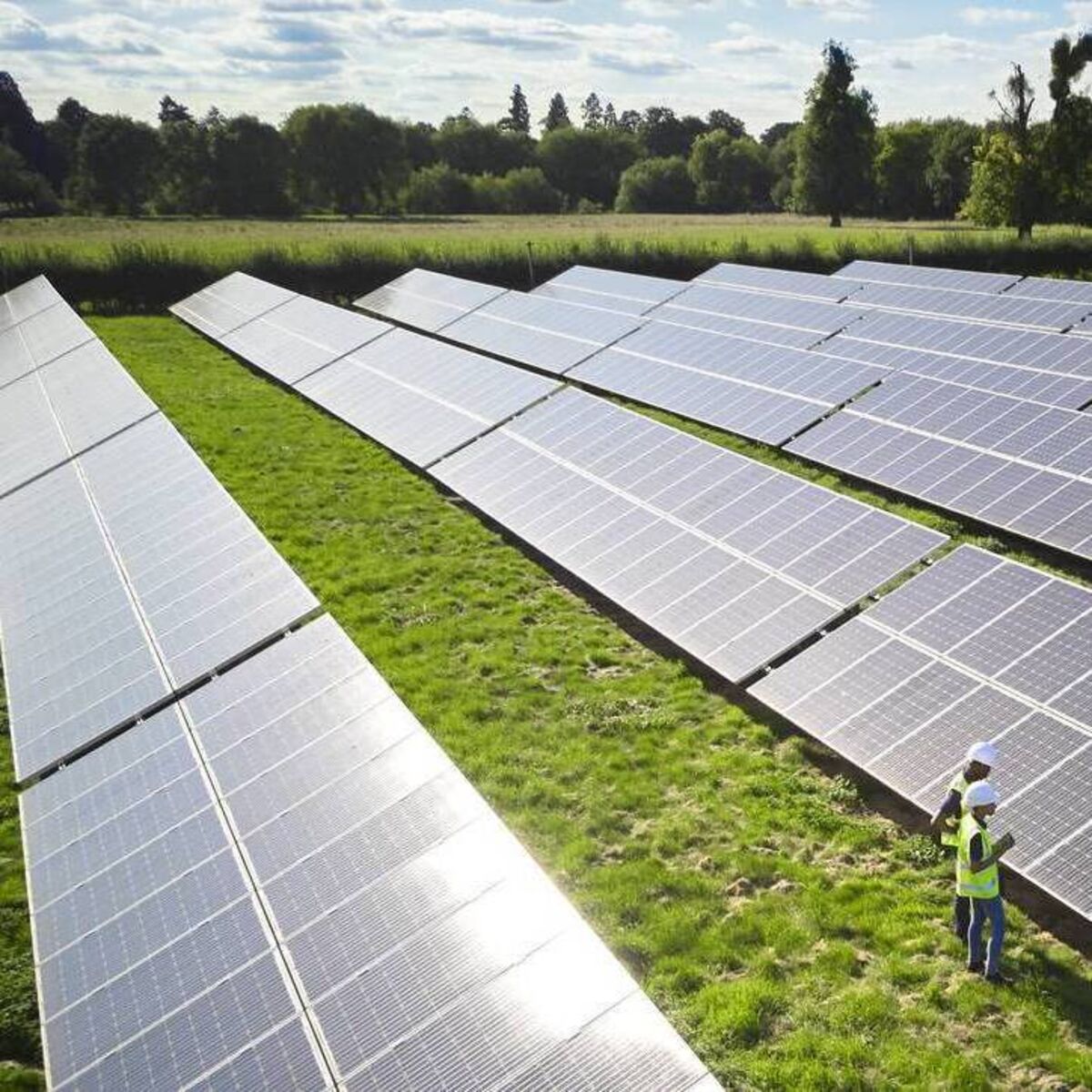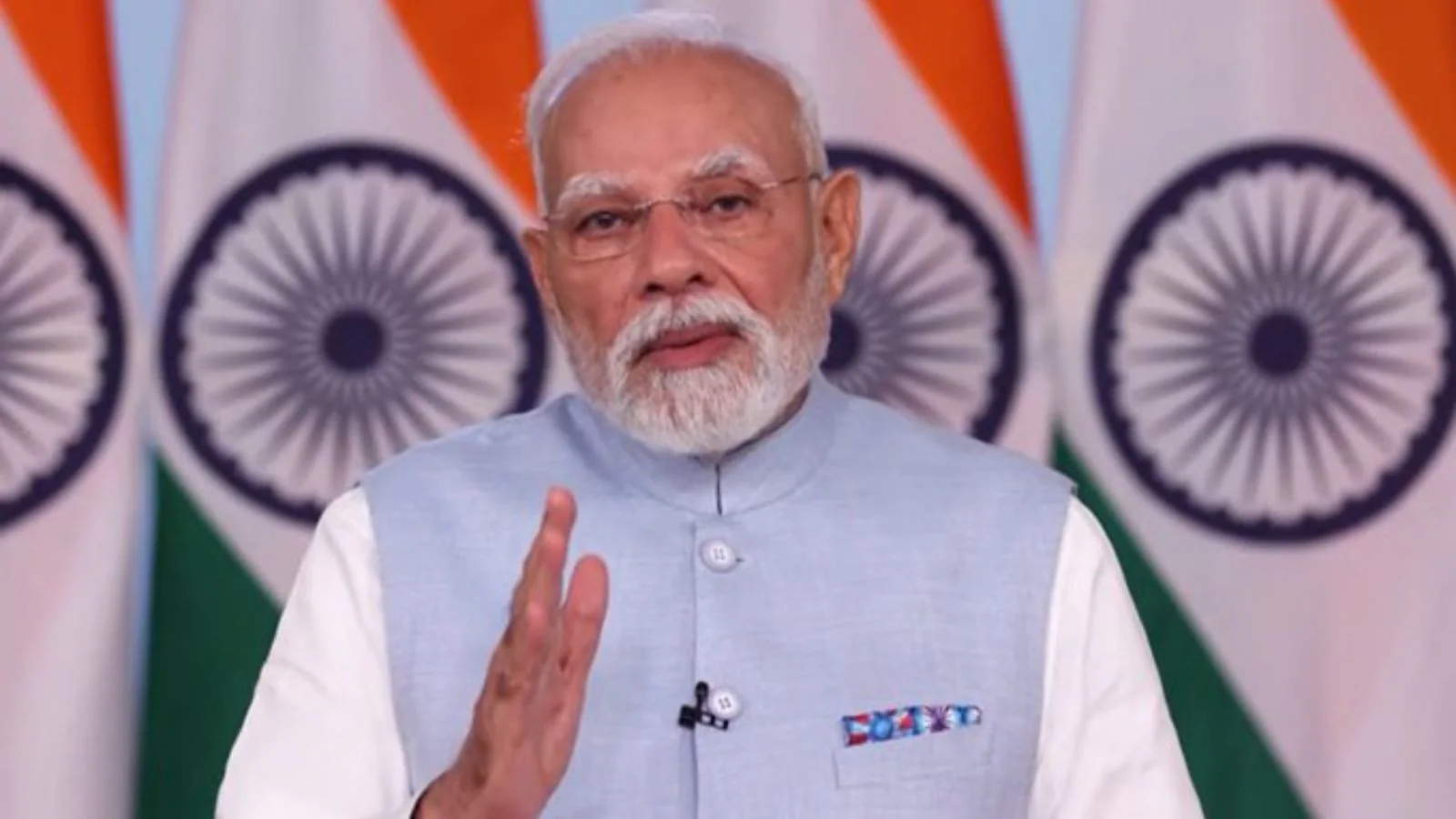By Irishexaminer.com,Ronan Smyth
Copyright irishexaminer

Of the Irish organisations surveyed, 55% have already adopted solar panels, 52% have adopted battery storage units, while 47% have implemented energy efficiency systems.
However, while the report shows these three options are the common measures undertaken, “Ireland has a way to go on its adoption journey”, as companies lag behind in many other energy improvement measures.
Director of Centrica Business Solutions Ireland Shane Minehane said they were seeing a “fundamental shift” across the country in how businesses view energy.
“It’s no longer just a cost to be managed, but a strategic asset that can drive competitive advantage,” he said.
The driving forces behind this shift are clear. With energy price volatility continuing to challenge businesses and ambitious net-zero targets looming, Irish businesses are recognising that greater control over their energy supply is mission-critical.
“It’s also a warning signal for energy markets across Europe. When almost half of organisations achieve excellent progress on cost predictability through self-generation, it reveals how centralised systems are failing to meet business needs.”
The survey also found 32% of Irish organisations admit they are unlikely to meet 2030 emissions targets, and a lack of budget is their number one obstacle.
According to the research, Irish executives know they “need to modernise their energy strategies further”, as just 31% say their “current energy strategy is excellent for delivering emissions reductions”.
More than half, 56%, said they were prioritising long-term gains over quick return and low-risk strategies, while 68% said their organisation was willing to experiment with different technologies to build a long-term business case for investment.
For its research, Centrica surveyed 500 organisations across Europe, including 75 senior executives in energy roles in Ireland.



